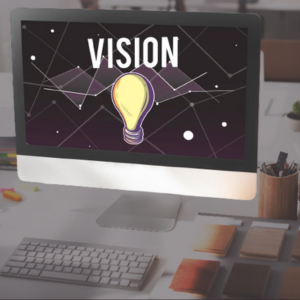

In the MTech Computer Science Engineering program at Lakhmi Chand Institute of Technology, the curriculum is designed to foster advanced technical proficiency while promoting a holistic academic experience. Alongside core subjects in algorithms, machine learning, distributed systems, and software architecture, students engage with foundational courses in basic sciences and humanities. These subjects—ranging from applied mathematics, research methodology, and scientific writing to professional ethics and communication—enrich students' analytical and interpersonal capabilities. Their inclusion reflects LCIT’s commitment to nurturing not only skilled engineers but also thoughtful leaders who are equipped to address real-world challenges with clarity, empathy, and innovation.
The Department of Computer Science and Engineering is committed to delivering excellence in technical education by adopting innovative and student-centric teaching methodologies. Our teaching pedagogy is designed to empower students with the knowledge, skills, and ethical grounding required to meet global technological challenges.
We follow an Outcome-Based Education approach aligned with national accreditation standards (NBA/NAAC). Clear course outcomes (COs), program outcomes (POs), and program-specific outcomes (PSOs) are defined, assessed, and continuously improved through feedback and analysis.
| Course | Eligibility | Seats | Duration | Department |
|---|---|---|---|---|
| No records found for the Computer Science department. | ||||
To be a center of excellence in computer science and engineering education, research, and innovation, producing globally competent professionals with strong ethical values to meet the ever-evolving technological needs of society.


Engineering Graduates will be able to:
No achievements found for the Computer Science department.